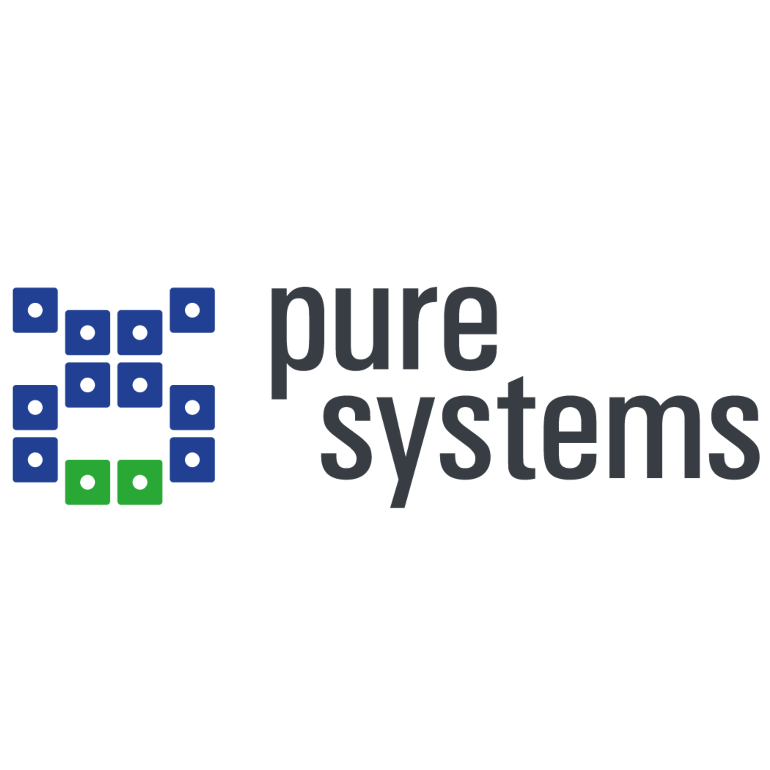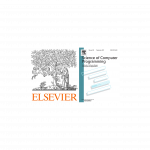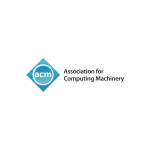Call for Journal of Systems and Software: Special Issue following SPLC’2021
Call for Papers — Special Issue on Systems and Software Product Lines of the Future
A special issue of the Journal of Systems and Software.
Journal Editors in Chief
- Paris Avgeriou, University of Groningen, The Netherlands
- David Shepherd, Virginia Commonwealth University, USA
Special Issues Editors
- Wing-Kwong Chan, City University of Hong Kong
- Raffaela Mirandola, Politecnico di Milano, Italy
Guest Editors
- Maurice H. ter Beek, ISTI-CNR, Pisa, Italy
- Ina Schaefer, Technische Universität Braunschweig, Germany
Theme
For over two decades now, researchers and practitioners have pushed forward the modelling, analysis and development of systems and software product lines rather than individual systems or software products. The distinguishing feature of the underlying engineering approach is to capture the commonalities and variability among individual variants explicitly and to manage variability-intensive systems and software throughout their entire life cycle, from requirements elicitation to runtime operation and maintenance.
The novel Horizon Europe Programme targets the development of advanced technologies and methodologies for reliable and efficient distributed software applications in cloud-to-edge-to-IoT systems. Also the software product line community needs to keep up with the pace at which such applications evolve and provide adequate support for the software-intensive systems of the future, for example in challenging domains such as Smart Cities, Smart Health and Industry 4.0. This special issue is a step forward to such systems and software product lines of the future.
Submission Topics
Topics of interest related to Systems and Software Product Lines of the Future include, but are not limited to:
- AI: genetic algorithms, neural networks, and machine learning for product lines
- Architecture, design, and visualization of product lines
- Dynamic software product lines, reconfigurable systems, (self-)adaptive systems
- Evolution, maintenance, and continuous integration for product lines (e.g., DevOps)
- Formal methods and SPL verification techniques (e.g., program analysis, model checking)
- Green and sustainable technologies for variation
- Human, organizational and social aspects of product lines (e.g., BPM, collaborative modeling and development, cooperative configuration processes, economics, program comprehension)
- Language product lines, and domain-specific modelling and programming languages for product lines
- Multi product lines, product lines of product lines, software ecosystems
- Non-functional properties of variant-rich software systems: modeling, analysis, and optimization (e.g., performance, energy)
- Reverse engineering, variability mining and refactoring (e.g., migration from clone-and-own)
- Recommender systems for configurators and feature models (e.g., CSP/SAT/SMT solvers)
- Specification and modeling of SPL (e.g., domain-specific modeling, model-driven engineering)
- Testing of product lines (e.g., product sampling, test-case selection and prioritization, mutations)
- Variability management and variability modeling (e.g., feature models, decision models)
Important Dates
- Submission: 31 January 2022
- Notification to authors (first round): 31 March 2022
Submission Guidelines
The call for this special issue is an open call. We invite innovative research with a sound scientific or technological basis and validation. We accept submissions of original and previously unpublished manuscripts and we especially encourage the submission of revised and extended papers from the 25th International Systems and Software Product Line Conference (SPLC 2021).
Surveys, (systematic) literature reviews and mapping studies are out of the scope of this special issue and will be desk-rejected. All submissions must be supported by appropriate arguments and validation through case studies, experiments or comprehensive comparisons with other approaches or benchmarks. If a previous version of the manuscript has been published in a conference or journal, then authors must explicitly explain the novelty of this new submission and provide at least 30% new material.
Sponsors
© 2024 SPLC 2021 | Leicester, United Kingdom






